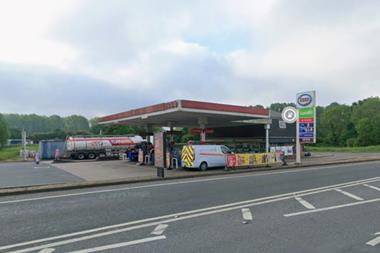The government has launched two initiatives to encourage the development of more fuel efficient and low emission engines.
Automotive companies are being challenged to come up with engine technologies that will make cars more energy efficient and ultimately change the way we drive, business secretary Vince Cable announced.
He unveiled a £75m fund to enable businesses to make and test low carbon technologies and said it would help to keep the UK at the forefront of engine design and safeguard up to 30,000 jobs in engine production.
They will be the pilot projects of the Advanced Propulsion Centre (APC), which was announced in July, and will channel £1bn investment from government and industry to fund the development of new technologies over the next 10 years.
Cable said: “By 2050, very few - if any - new cars will be powered solely by the traditional internal combustion engines, so it is important that the UK car industry is at the cutting edge of low carbon technologies. The Advanced Propulsion Centre, launched as part of our industrial strategy, will help to position the UK as a leading innovator while securing jobs and strengthening supply chains.
“The car industry has gone from strength to strength – with one vehicle rolling off a production line somewhere in the UK every 20 seconds. But we must look at the long-term challenges and opportunities to ensure the sector continues to succeed and grow.”
On the same day Deputy Prime Minister Nick Clegg called for innovative ideas from key players in the automotive industry to help the UK stay ahead of global competition and secure its position as global leader in ultra low emission vehicles (ULEVs).
At an event hosted by the Green Alliance, he said: “We’re doing well compared to our European competitors, helped by a buoyant UK car market. But, if we’re to stay ahead we need to secure the UK’s position as both a global leader in the production and adoption of low carbon vehicles. We need to see more people who live in Britain driving these cars and enjoying the lower running costs they can bring.
“The job now is making sure that we get the most out of every penny, so I am launching a call for evidence from key players in the industry to find out how we kick start demand and make the UK the number one European destination for investment in ultra low emission vehicles.”
The call for evidence is seeking opinions on where emphasis should be placed and if particular areas, for example taxis and fleet vehicles, should be targeted more directly. Government is inviting industry, local authorities, fleet managers and others with an interest in this sector to respond to encourage more people to choose vehicles with the lowest possible emissions.
Over 6,000 ULEVs have been sold in the UK with government-funded consumer incentives and 10,000 chargepoints installed.

































No comments yet